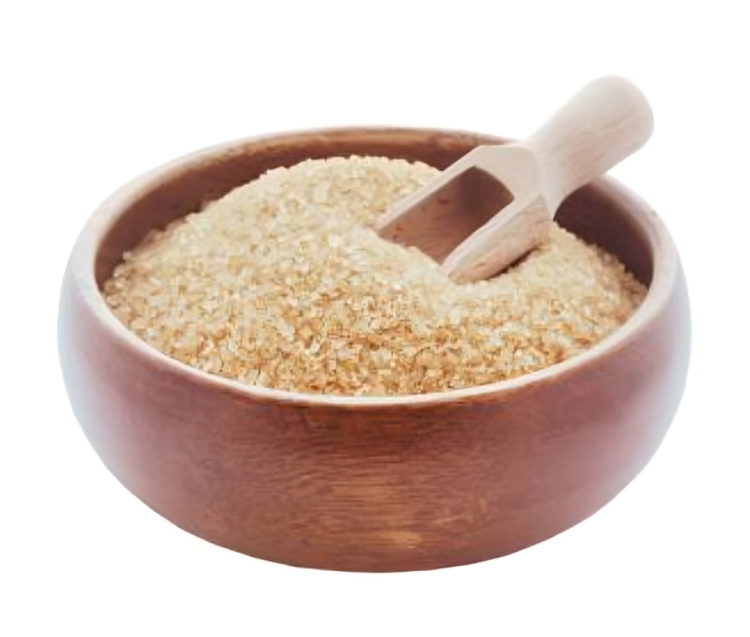
The Sweet Benefits of Khand: A Comprehensive Overview
Benefits of khand a traditional form of unrefined sugar, is often used in various cuisines, particularly in South Asia. Unlike refined sugars, khand retains many of the natural minerals and nutrients found in sugarcane, making it a popular choice among health-conscious individuals. In this article, we will delve into the numerous benefits of khand, exploring its nutritional value, culinary versatility, and potential health advantages.
1. Nutritional Profile of Khand
Khand is primarily composed of sucrose, but it also contains essential minerals and vitamins. Some key nutrients found in khand include:
- Minerals: Khand is rich in minerals such as iron, calcium, magnesium, potassium, and phosphorus. These minerals are crucial for various bodily functions, including bone health, muscle function, and maintaining proper blood pressure.
- Vitamins: While khand is not a significant source of vitamins, it does contain small amounts of B vitamins, which are essential for energy production and overall metabolic health.
- Antioxidants: Unrefined sugars like khand may contain antioxidants that help combat oxidative stress in the body.
2. Energy Source
One of the primary benefits of khand is its role as a quick source of energy. The natural sugars in khand are easily absorbed by the body, providing an instant energy boost. Those who participate in intense physical activity or are athletes may find this to be especially helpful.. Unlike refined sugars that may lead to a quick energy crash, khand gives forth continuous energy because of its intricate structure.
3. Digestive Health
Khand is often considered gentler on the digestive system compared to refined sugars. Its unrefined nature means it contains less processing and fewer additives. Additionally, khand is sometimes used in traditional remedies to soothe digestive issues. The minerals present in khand may aid in digestion and promote a healthier gut.
4. Natural Sweetener
Khand serves as a natural sweetener, making it an excellent alternative to refined sugar in various recipes. Its unique flavor can enhance dishes, adding depth and richness. When used in moderation, khand can satisfy sweet cravings without the negative health implications associated with excessive refined sugar consumption.
5. Potential Health Benefits
While more research is needed to fully understand the health benefits of khand, several potential advantages are worth noting:
- Blood Sugar Regulation: Some studies suggest that unrefined sugars like khand may have a lower glycemic index compared to refined sugars. This means they may cause a slower rise in blood sugar levels, which can be beneficial for individuals managing diabetes.
- Boosting Immunity: The presence of minerals such as iron and zinc in khand may contribute to a stronger immune system.Zinc is critical to immunological function while iron is necessary for the synthesis of red blood cells.
- Stress Relief: In traditional medicine, khand is sometimes used as a remedy for stress and fatigue. The natural sugars may help increase serotonin levels, promoting a sense of well-being.

6. Culinary Uses
Khand’s versatility makes it a valuable ingredient in the kitchen. Here are some popular culinary applications:
- Beverages: Khand can be dissolved in warm water or milk to create a soothing drink. It’s often used in traditional beverages like chai or as a sweetener in herbal teas.
- Sweets and Desserts: Khand is a key ingredient in many traditional sweets and desserts. Its rich flavor pairs well with nuts, fruits, and dairy, making it a favorite in recipes for halwa, laddoos, and various Indian mithais.
- Savory Dishes: Beyond sweets, khand can also be used to balance flavors in savory dishes. It can enhance marinades, sauces, and even some curries, providing a delightful contrast to spicy and tangy flavors.
7. Environmental Impact
Choosing khand over refined sugars can also have environmental benefits. The production of unrefined sugars often involves less processing and fewer chemicals. Additionally, traditional methods of production may support local economies and sustainable farming practices.
8. Cultural Significance
In many cultures, khand holds a special place not just for its culinary uses but also for its cultural significance. It is often associated with festivals, celebrations, and traditional rituals. Using khand in recipes can be a way to connect with cultural heritage and practices, enriching the dining experience.
9. Mindful Consumption
Incorporating khand into your diet encourages a more mindful approach to sweet consumption. By choosing unrefined sugars, you can enjoy the sweetness in moderation, appreciating the flavor and nutritional benefits rather than indulging in excessive refined sugar.
10. Conclusion
In conclusion, khand is more than just a sweetener; it offers a range of benefits that make it a valuable addition to a balanced diet. With its rich nutritional profile, potential health advantages, and versatility in culinary applications, khand stands out as a healthier alternative to refined sugars. Whether you’re looking for a natural energy source, a way to enhance your cooking, or simply a more wholesome sweetener, khand may be worth considering.
By choosing khand, you not only nourish your body but also celebrate a time-honored tradition that connects you with the rich cultural heritage of those who have used it for generations. Enjoy the benefits of khand as part of a balanced diet, and savor the sweet richness it brings to your meals!